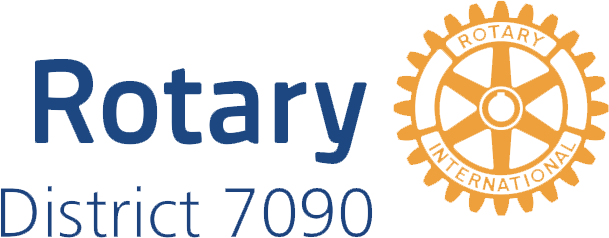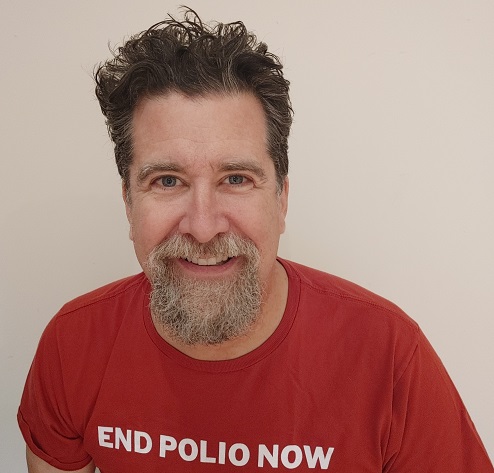| ||
| ||
With the right training and approach, jobs are available and skilled people tend to weather economic ups and downs. Being able to look at the local job market, identify workforce needs, match a person’s skills and talents with the training and vocational resources is being performed by a group of local agencies funded to help manage these transitions. It is likely you already know who many of these groups are and your Rotary club can invite these agencies in for a conversation, perhaps even entering into a discussion around teaming up on a focused need. At the same time, to guide your exploration, local economic data is available from your area municipality or local public health unit which identifies those neighbourhoods and sectors that may be in need of the most support. But for us, the action on an area of focus starts with pursuing a conversation one Rotarian has with another – either within a club or between clubs. Who knows, an adventure down this path could lead to possible club members as you find common ground in solving local issues.
In other parts of the world Rotary clubs are active in supporting community economic development projects with examples such as creating support for the purchase of locally made goods, training people by providing partners with equipment and advice, or convening conversations which leads to financial supports such as microlending or crowd funding. I have often found that the language used in international development projects is different than here in North America, and yet the outcomes are the same: skills training, venture capital, and acting on market intelligence – at the local level. With partners abroad, Clubs can embark on what can be fruitful long-term projects and Districts can organize around initiatives such as using the Vocational Training Teams initiative. Within this area of focus some of the best opportunities aim to support cooperative enterprises and sustain efforts through supporting the education and training of women and girls. Again, finding local partners and opportunities can be facilitated by looking at data available through partner clubs abroad and other agencies working on the ground; and supported at the macro level via international institutions, foundations, and non-governmental organizations that act on evidence.
In summing up what can be a large topic, one part of the local conversation you may want to consider is to support enterprises who pay their employees a living wage. Search this term and find out more. A key sector which strengthens all of us is to support local food markets. How might we as Rotarians aid this part of our local economy? As we head into Thanksgiving in Canada this month and in the U.S. next month I hope we can use this time to reflect on what we have accomplished, support others in need through the projects we do, and discuss what can come next.

 One of the areas of focus in Rotary is community economic development. In my view this is a local exercise and yet there are two approaches – one we use here at home, and the other in our development work abroad. As we head into the fall of 2022 and perhaps some challenging economic headwinds in our near future as Rotarians we are people of action who respond to the increase in related needs in our local communities in a number of ways. Many employers are currently struggling with finding skilled workers as we are seeing some structural changes in sectors like the housing market and a general tightening of spending. The key here is the word skilled.
One of the areas of focus in Rotary is community economic development. In my view this is a local exercise and yet there are two approaches – one we use here at home, and the other in our development work abroad. As we head into the fall of 2022 and perhaps some challenging economic headwinds in our near future as Rotarians we are people of action who respond to the increase in related needs in our local communities in a number of ways. Many employers are currently struggling with finding skilled workers as we are seeing some structural changes in sectors like the housing market and a general tightening of spending. The key here is the word skilled.